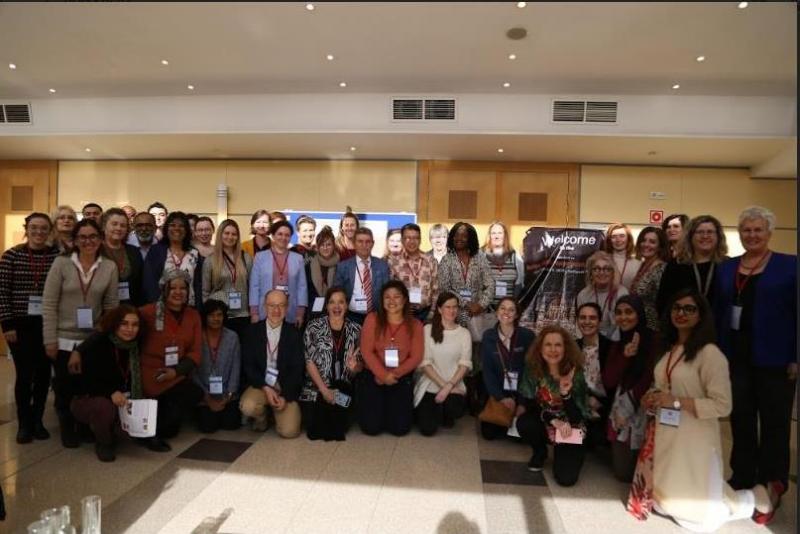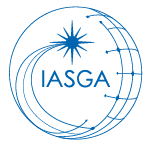European Psychologists & Psychiatrists Meeting was held the venue for 2 days program, February 28-29, 2020 at Budapest, Hungary for the psychiatrists, psychologists, mental health trainers & experts, researchers, scientists, academicians, advocates, patients, clinicians, nurses, midwife, caregivers, speech therapist, audiology-language experts and other health care people & professionals to join with their latest findings, learn about new advances, make collaboration, meet, interact and build networking through a premier scientific program with keynote lectures, workshops, symposiums, networking events and variety of sessions.
The conference will offer an unparalleled platform for the minds studying and exploring the possibilities to treat psychiatric & psychological disorders to exchange their ideas in future.

Conference Series LLC LTD is an open resource platform that conducts 3000+ global events including International Conferences, Workshops, Symposia, Trade Shows, Exhibitions and Science Congresses in all the major scientific disciplines, including Clinical, Medical, pharmaceutical, Engineering, Technology, Business Management and Life Sciences across America, Europe, The Middle East, and Asia Pacific. It is reaching over 25 million researchers, scholars, students, professionals and corporate entities all over the globe.
Representatives of IASGA were participated in this conference. IASGA President Tatyana Zinchenko was participated as a speaker with report on the topic «Clinical and neurobioligical features of gambling addiction and internet-gaming disorders». In this report was raised questions about the relevance of gaming addictions.
In the presented work the acutance and relevance of the growth in behavioral addictions problem associated with gaming activities, such as gambling addiction (Gambling disorder-GD) and Internet gaming disorder (Internet gaming disorder – IGD) is demonstrated on the materials of numerous studies. These studies address both the prevalence and negative clinical and social consequences of these addictions.
The gaming industry is developing at a tremendous pace and today is a multi-billion-dollar business with billions of active players of all ages, starting with preschool children. Information technologies of involvement and retention in the game are constantly being improved. Which leads to an increase in problem and pathological players.
The characteristic clinical and neurobiological features of these addictions, personality changes and negative social consequences are highlighted. The emphasis is not on the common clinical manifestations to all addictions, but on the specific to them disorders. Such as: the rapid formation and development of addiction to the stage where the game becomes the dominant need in human life with the replacement of even basic needs; episodes of altered state of consciousness (game trance) with impaired perception of time, events in the game, memory of them, affective narrowing of consciousness and changes in self-identification; the predominance of the cognitive component in the impulsive-compulsive syndrome, thoughts quickly become obsessive and develops a very intense and generalized attraction to the game (craving), with almost no struggle of motives; high suicidality: ideas in 50-80%, attempts in 15-31% of players. At IGD this question is not investigated. The rapid increasing of the personality changes, depression, anxiety disorders and social maladjustment.
Behavioral dependencies associated with IGD and GD gaming activities require deep and comprehensive study. The materials of this report can be useful in clinical practice to develop effective treatments for these disorders.
This research work caused a wide response among colleagues, researchers from different countries of the world. During the discussion on this topic were outlined new research perspectives and projects on preventive work on the issue of gaming addiction among children and adults.


